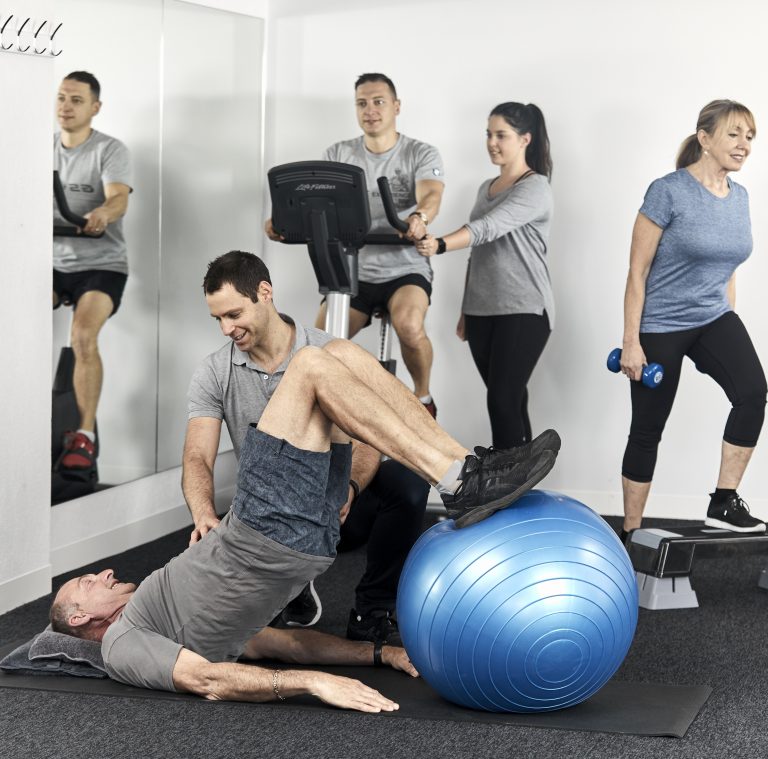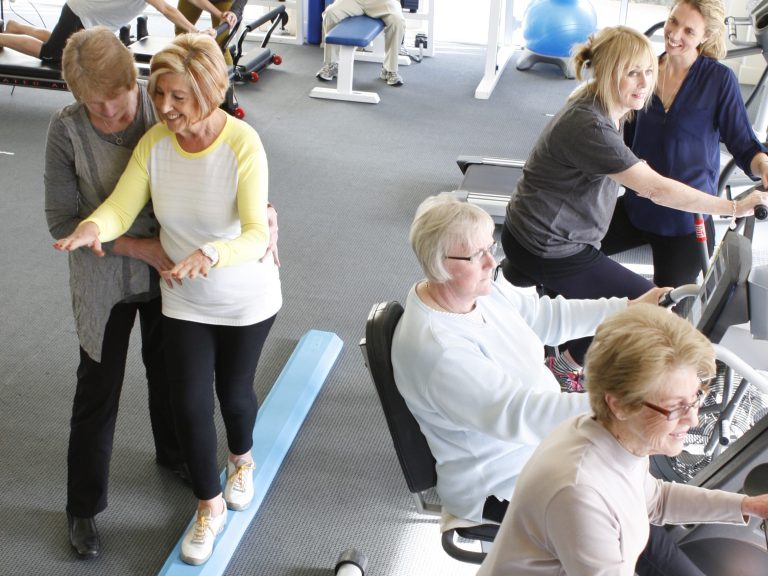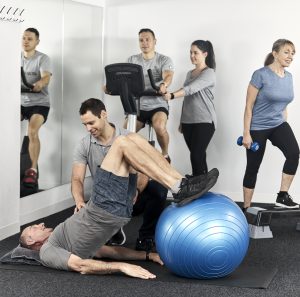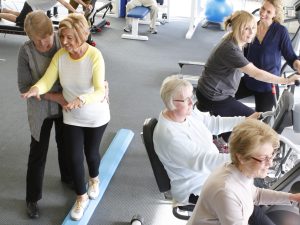Human beings devour ample amounts of pain medications, for a variety of reasons, over the course of their lives. The types of medications we reach for range from commonly used ‘over the counter’ medications such as paracetamol and aspirin to prescription medications such as powerful opioids like codeine and even morphine like drugs such as oxycodone and fentanyl.
But according to Australian Physiotherapy Association Musculoskeletal Physiotherapist and Associate Professor David Butler, each of us has a ‘drug cabinet in our brain’, or brain areas which produce natural morphine-like substances which are always available, are free and have no side effects. People who have severe injuries but experience no pain are using this personal drug cabinet, and physiotherapists play a key role in teaching them how to access it effectively.
“All medications have some side effects,” says Mr Butler. “Many long term medications such as antidepressants, opioids, gabapentin and pregabalin may lead to side effects such as gut problems, memory changes and addiction. Opioid medications, while helpful for acute and severe pain states, may actually lead to enhanced sensitivity over time.”
Evidence suggests that modern physiotherapy techniques are appropriate in nearly all pain states, so in many cases, the need for medication is reduced or even eliminated. This includes neuropathic pain states that were once thought to be intractable, such as complex regional pain syndrome (CRPS) and phantom limb pain. Chronic spinal pain is another example.
“Because pain is produced via the activity of multiple brain areas right across the brain, many things can influence it positively or negatively,” says Mr Butler. “People are usually not aware of these multiple influences. These include the things you hear, smell touch and taste, the things you do, the things you think and believe, the things you say, the places you go, the people you hang around with and things happening in your body.”
Dianne Wilson, Musculoskeletal Physiotherapist and the Chair of the Australian Physiotherapy Association Pain Group, says physiotherapists have the unique skills required to ascertain whether or not physiotherapy is an appropriate treatment for pain, and the impairments that result from pain. “There are a variety of techniques that can be used to address impairments and physiotherapists use an evidence based approach where research has supported a particular technique. Whatever technique is chosen, contemporary physiotherapists will work in a biopsychosocial model, addressing patient expectations in a holistic fashion.”
“Physios should take on the role of educator in all situations,” says Ms Wilson. “They can provide reassurance after eliminating serious pathology and provide advice for self-management to facilitate healing in the early stages. As well as passive treatments in the early stages, referral to resources such as online information can be provided for more self-management. Ongoing management in sub-acute and chronic situations will involve the physio as a motivator and coach.”
Where patients have become dependent on high doses of high doses of certain medications, physiotherapists should discuss options in conjunction with a medical practitioner, as controlled withdrawal is often required. Empowering the patient with education and advice will facilitate an informed decision. A psychologically informed physiotherapist may identify very early on that there are psycho-social factors influencing the pain experience and recommend referral to a psychologist. Similarly it may be appropriate to refer to other health professionals such as a podiatrist, dietitian etc. to complement their management. It is rarely an ‘all or nothing’ approach and keeping good relations with other health practitioners will always be in the best interests of the patient.”
If you experience chronic pain and want to get back to living the active and healthy life you love, make an appointment to see your physiotherapist online, or call the clinic on 8554 0111.
This article was originally posted in the Health Times by Nicole Madigan on 14th June 2018. Here is a link to the original article https://healthtimes.com.au/hub/pain-management/44/practice/nm/how-physiotherapists-can-help-patients-avoid-addictive-pain-medications/3401/







